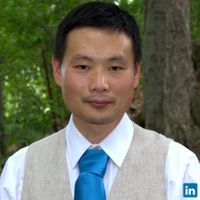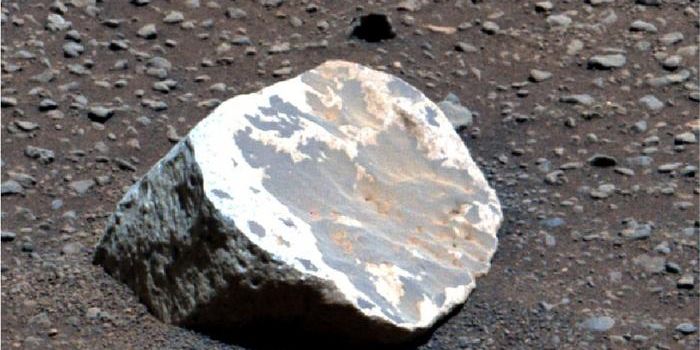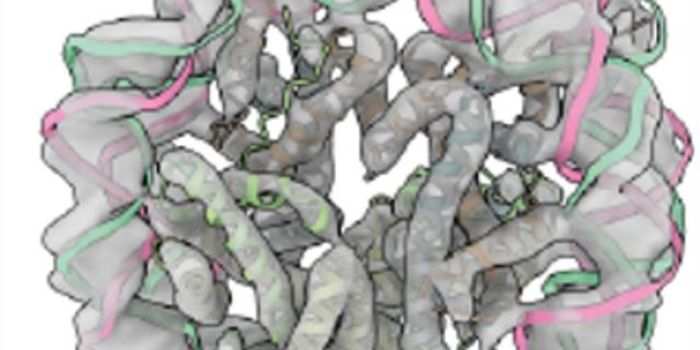John Conway: the Late Maths Legend and His Game of Life
If maths is the only universal language, then John Horton Conway is among the few who can speak it perfectly. Unfortunately, Conway, a fellow of the Royal Society and a revered professor of Princeton University, passed away at the age of 82 in early April due to complications from COVID-19.
There are numerous achievements the English-born mathematician is known for. For instance, his ideas have transformed many sub-fields of mathematics, such as number theory, group theory, topology, and algebra. The sheer calculating capability of the natural problem solver, who does all his computations by hand, left his colleagues in awe.
Conway also pioneered in a less-known subject called recreational mathematics, the maths that's performed purely for fun. Most famously, he invented a cellular automaton program named the Game of Life in 1970.
The game happens on a boundless sheet of square cells, and it requires no player input. Following a set of rules that emulates the social and biological behaviors of life forms, the game evolves on its own from a pre-set initial state. The simutaneously created patterns by the running algorithm, shockingly diverse in shapes and motions, can provides us an abstract glimpse into the dynamics that perpetuate life.
Source: Discovery Channel (via Youtube Channel 0524432)








